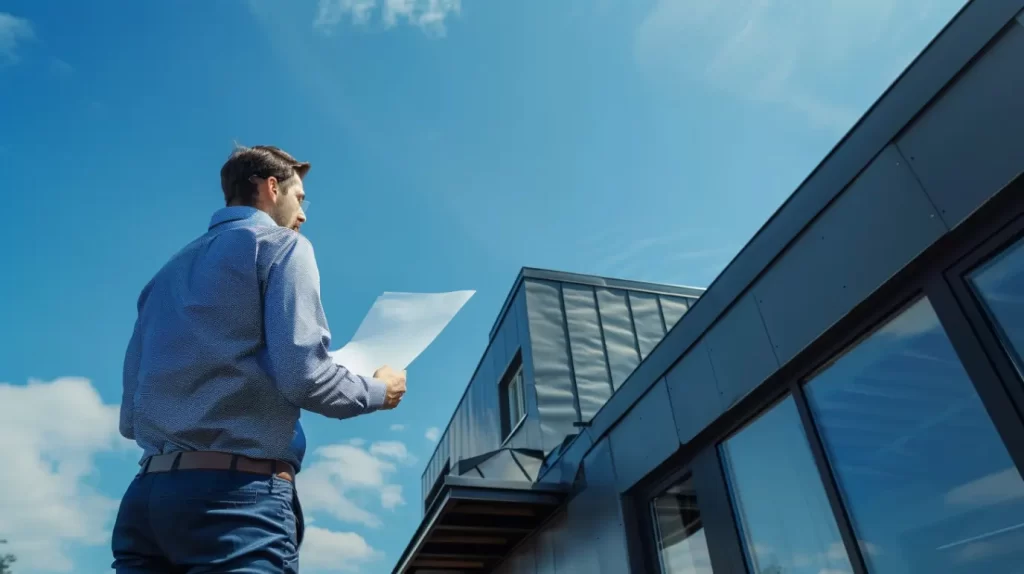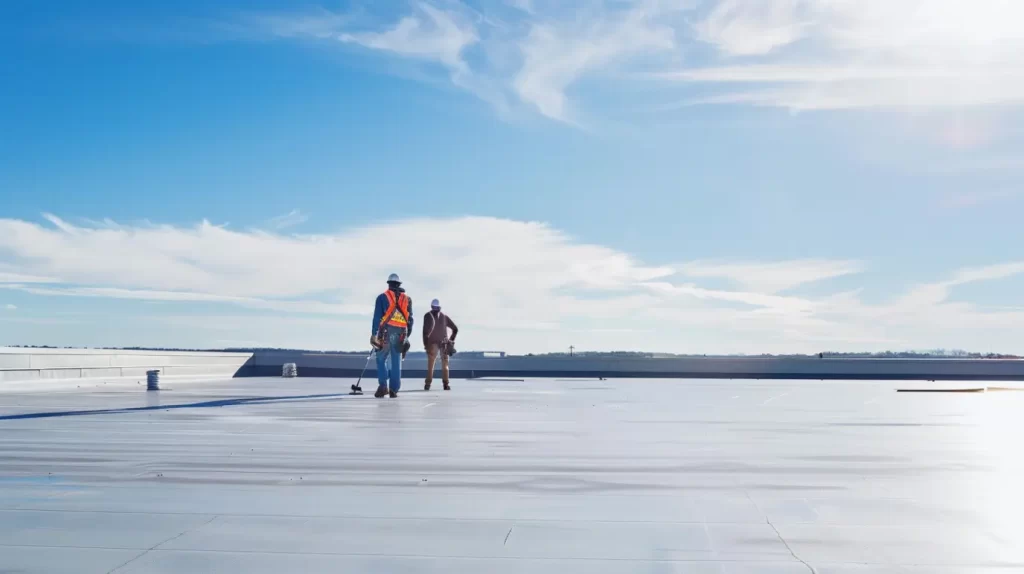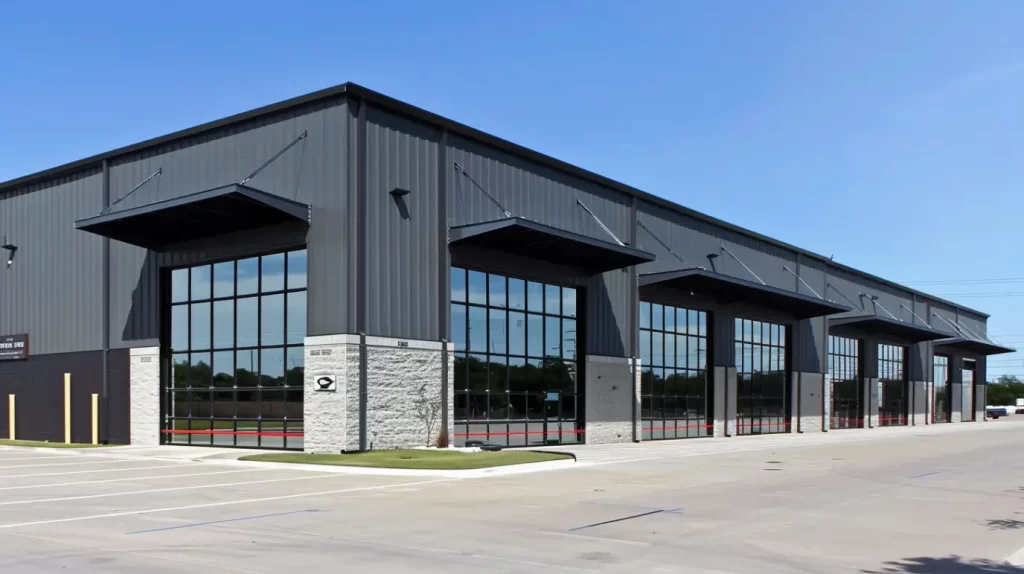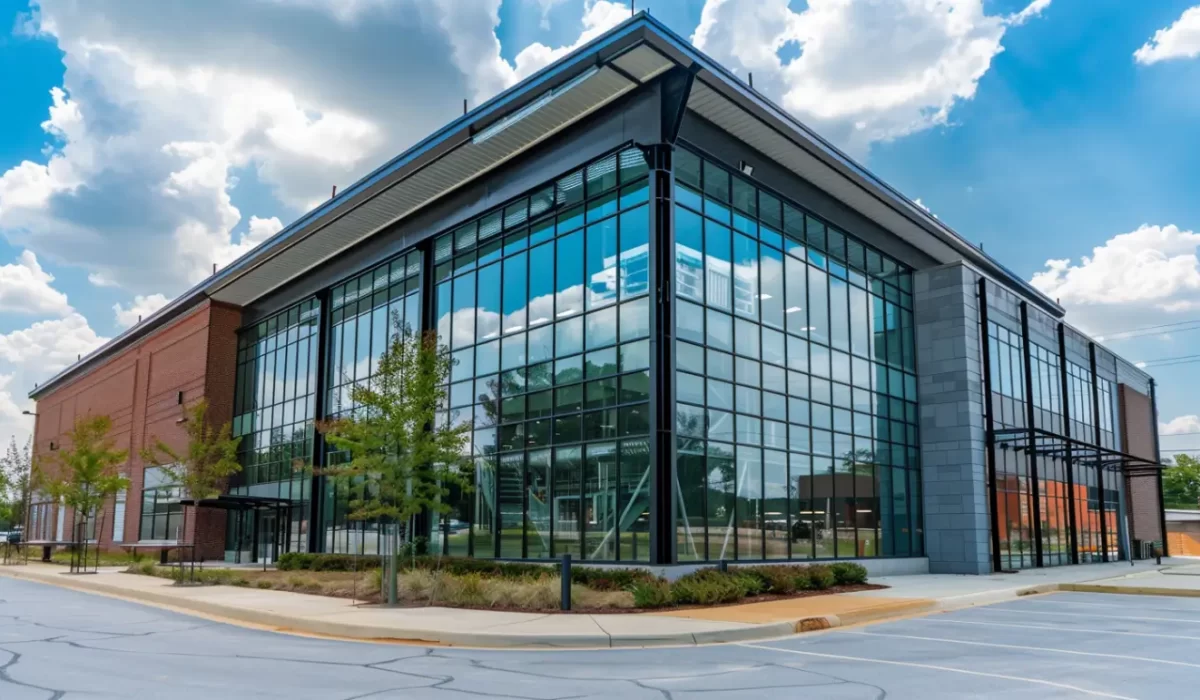Coordinating roofing projects, especially for multifamily and commercial properties, requires expertise and effective tenant communication. Clear understanding of roof repairs or replacements enhances tenant satisfaction and minimizes disruptions. Property managers should prioritize careful planning and provide advance notice about the work scope, timelines, and potential inconveniences. For professional assistance, Fontaine Roofing in Anaheim, CA, offers valuable expertise in project management. This proactive approach fosters transparency, ensuring a positive experience for both tenants and property owners.
Building a Foundation: Why Tenant Coordination Is Critical in Roofing Projects
Effective tenant coordination during roofing projects plays a vital role in maintaining strong property relationships and ensuring minimal disruption. By prioritizing tenant communication, property managers can manage expectations and enhance tenant satisfaction, ultimately safeguarding their property’s value and preventing costly repairs. It fosters understanding of the roof structure and the necessary maintenance involved, preventing future costs associated with tenant complaints. Moreover, establishing rapport with tenants encourages cooperation, making the roofing process smoother and more efficient, thereby protecting the structural integrity of the property.
Contact Us
The Impact of Roofing Projects on Multifamily and Commercial Properties
Roofing projects significantly impact multifamily and commercial properties, influencing tenant satisfaction and property value. Repairs or replacements can disrupt routines, while material choices—such as asphalt shingles or metal—affect energy efficiency and structural integrity. As a GAF Master Elite Contractor and CertainTeed Shingle Master, we prioritize quality with premium materials and practices. Our certifications as a Polyglass Preferred Contractor, FiberTite approved applicator, and IB Roofing Systems Authorized Applicator underscore our commitment to excellence. Memberships in CACM, CAI, and NRCA further highlight our dedication to the industry. A well-executed project enhances curb appeal, boosting tenant retention and business success.
Landlord & Manager Notice Requirements
Landlords and property managers must adhere to legal requirements regarding notifications for upcoming roofing projects. While it may be a minor inconvenience, clear communication is essential, as providing advance notice ensures tenant awareness and compliance with local building codes. Notifications should detail the scope of work, expected disruptions, and safety precautions, minimizing any potential conflict. Additionally, offering contact information for inquiries can enhance tenant satisfaction by fostering an environment of transparency and trust. Properly addressing these responsibilities not only protects tenant rights but also upholds the integrity of the property’s management.

Advance Notices for Roofing Activities
Effective advance communication is essential for preparing tenants for roofing work. Crafting detailed notices that clearly outline the scope of work, anticipated timelines, and potential inconveniences fosters tenant satisfaction and minimizes complaints. Utilizing multiple channels—such as emails, flyers, and personal outreach—ensures that all tenants receive the necessary information. Additionally, providing contact information for property managers or the roofing contractor enables tenants to voice concerns, ensuring that they feel heard and secure during the repair process.
Timely Roofing Project Notifications
Effective communication is essential when informing tenants about upcoming roofing activities, including roof replacement. Notices should be crafted with clarity and precision, outlining the scope of work, expected timelines, and any potential disruptions. Providing contact information ensures tenants can reach out with questions or concerns. Timely notifications—ideally well in advance—foster tenant satisfaction, as they appreciate being kept informed. Incorporating the roof’s impact on property value and structural integrity can also help tenants understand the necessity of these essential repairs.
How to Reduce Project Disruptions
Effective strategies involve proactive communication and detailed planning to manage tenant expectations during roofing projects. Providing advance notice through well-crafted notifications can significantly reduce surprises, allowing tenants to adjust their schedules accordingly. Engaging with tenants to explain processes, timelines, and potential inconvenience fosters transparency. Additionally, maintaining an available contact point for tenant inquiries enhances satisfaction. By considering daily routines and implementing a clear communication plan, property managers can create a smooth project experience, ultimately preserving tenant trust and property value.

Coordinating Roof Work with Tenant Routines
Balancing roofing projects with tenant routines requires meticulous scheduling. Assessing building occupancy and understanding daily patterns can help identify optimal times for work, minimizing disruptions. By strategically coordinating with tenants, property managers can ensure that essential activities align with roofing efforts, thereby sustaining both tenant satisfaction and project efficiency. Successful scheduling also involves factoring in peak usage times to prevent unnecessary inconveniences, allowing residents to maintain their daily lives while ensuring the property’s roof receives the attention it needs.
Assessing Daily Building Activity
Understanding building occupancy and daily patterns is crucial for effective scheduling of roofing projects. Monitoring tenant routines helps in identifying peak usage times, allowing for strategic planning to minimize disruptions. Conducting surveys or informal check-ins can provide valuable insights into tenants’ schedules, ensuring that roofing work is aligned with their activities. This thoughtful approach not only enhances tenant satisfaction but also contributes to the overall success of the roofing project, protecting the property’s value and ensuring attention to safety and efficiency.
Scheduling to Bypass Peak Usage
Strategically scheduling roofing projects with regular maintenance is essential for minimizing disruption in multifamily and commercial properties. Engaging with property managers to analyze occupancy patterns allows for the identification of peak usage times. Consideration should be given to tenant routines, such as evenings and weekends, to avoid inconveniencing residents. Ensure that roofing contractors are aware of these peak periods, enabling their teams to efficiently execute the project while maintaining tenant satisfaction and ensuring safety throughout the repair process.

Secure Access and Safety for Roofing Jobs
Safety during roofing projects necessitates meticulous planning and coordination. Property managers must establish clear protocols for contractor entry and exit, ensuring that all areas are secure and access points are well-defined. By engaging a qualified roofing contractor with a proven track record, property owners can reinforce their commitment to tenant safety. Educating tenants on restricted areas and safe movement during work hours not only fosters tenant satisfaction but also reassures them of their well-being throughout the roofing project.
Coordinating Contractor Entry and Exit Points
Effective routing of contractor entry and exit points is crucial for maintaining safety and minimizing disruptions during roofing projects. Designate specific access routes that are communicated clearly to both contractors and tenants. This proactive approach ensures workers can efficiently navigate the site while preventing unauthorized access to restricted areas. Property managers should enforce these guidelines, ensuring compliance with safety standards and local building codes, helping protect both the property and resident satisfaction. Proper planning fosters a smooth workflow and reassures tenants during roofing operations.
Tenant Rules for Restricted Zones and Safety
Clear guidelines for tenants concerning restricted areas and parking arrangements are essential during roofing work. Designate zones that are off-limits to ensure safety and prevent unauthorized access while roofing contractors are on-site. Inform tenants about alternative pathways for safe movement within the property. Additionally, provide contact information for a designated point of communication, ensuring that tenants can report any concerns. This proactive approach not only maintains safety but also fosters tenant satisfaction and peace of mind throughout the roofing project.

Setting Expectations with Tenants and Contracts
Establishing clear terms with roofing contractors is essential for maintaining tenant satisfaction during a roofing project and adhering to the lease agreement. Property managers should communicate the scope of work and expected timelines, ensuring tenants are informed of any anticipated inconveniences. This transparency fosters trust, as well as minimizing potential conflicts. Providing tenants with a comprehensive outline of their rights and obligations as stated in the lease agreement helps set realistic expectations, ultimately enhancing their peace of mind throughout the roofing process. Regular updates can keep everyone aligned, reinforcing a cooperative atmosphere.
Setting Contractor Terms on Tenant Disruptions
Establishing explicit terms with roofing contractors regarding tenant impacts ensures a focused project execution. This involves incorporating clauses in the scope of work that detail how tenant communication will occur, including advance notice periods for potential disturbances. Additionally, identifying responsibilities for managing noise and access to common areas keeps occupants informed and reduces anxiety. Property managers must also emphasize the importance of maintaining structural integrity during repairs, reinforcing a commitment to tenant satisfaction and minimizing disruptions throughout the roofing process.
Scope, Schedule, and Impact Updates
Effective communication is essential for maintaining tenant satisfaction during roofing projects. Clearly outlining the project scope and timelines ensures all parties understand what to expect, from initial inspections to the final completion of essential roof repairs. Property managers should proactively inform tenants of potential inconveniences, such as noise or restricted access, related to the roofing work. This proactive approach not only minimizes disruptions but also fosters trust, reassuring tenants that their needs are being prioritized throughout the roofing project.

Managing Noise, Disruption, and Property Protection
Addressing tenant concerns about noise and inconvenience during roofing projects is essential for maintaining satisfaction and trust. Proactive communication can mitigate worries regarding disruptions; property managers should provide clear information and timelines for work scheduled. Establishing guidelines for property protection and ensuring safe movement around the construction areas reinforces the commitment to tenant safety. Offering accommodations or compensation can further alleviate tenant stress and showcase an understanding of their needs, ultimately contributing to a more harmonious living environment during necessary repairs.
Proactive Complaint Handling
Implementing proactive approaches to complaint management significantly enhances tenant satisfaction during roofing projects. Establishing a dedicated communication channel ensures swift responses to any concerns, fostering transparency. Regular check-ins with tenants about ongoing work, potential noise, and any modifications to schedules maintain open dialogue and trust. Additionally, providing tenants with contact information for the roofing contractor facilitates quicker resolutions to issues, minimizing frustration. By integrating regular inspections into these strategies, property managers not only protect the property’s roof structure but also contribute to a more harmonious living environment during extensive renovations.
Providing Compensation During Major Disruptions
Offering compensation or accommodations during significant roofing disruptions can enhance tenant satisfaction and loyalty. Property managers should carefully assess the scope of work and anticipated inconveniences to create tailored solutions. This may involve providing temporary lodging options or financial credits for inconveniences caused by extensive roofing repairs. Such proactive measures not only mitigate tenant grievances but also uphold the integrity of the property management relationship, fostering trust and ensuring a smoother roofing project experience while maintaining communication throughout the process.
What’s Next
For a successful roofing project, tenant coordination is crucial. Clear communication strategies foster a positive environment, minimizing disruptions and enhancing tenant satisfaction. Understanding the work scope and providing timely notifications offer peace of mind, protecting the roof’s integrity. Emphasizing safety procedures and compliance with local building codes safeguards tenants and maintains property value for long-term benefits. In Anaheim, CA, partnering with Fontaine Roofing can improve coordination and ensure a smooth roofing process.
Read our blog: Roof Coating Strategies to Prolong Roof Lifespan in Communities
Frequently Asked Questions
How should emergency roof repairs be communicated to tenants?
Emergency roof repairs should be communicated promptly and clearly to tenants. Provide specific details about the nature of urgent repairs, expected duration, and any potential disruptions. Utilize multiple communication channels—such as emails, notices, and direct calls—to ensure all tenants are informed effectively.
What liability issues do landlords need to consider while roofing work is ongoing?
Landlords must consider potential liability issues such as tenant injuries, property damage, and compliance with safety regulations during roofing work, including minor repairs. It’s crucial to ensure that contractors adhere to safety protocols and that tenants are informed about risks to mitigate legal repercussions.
How can property managers best prepare tenant areas before the roofing project begins?
To best prepare tenant areas before a roofing project, property managers should communicate clearly with tenants about what to expect. This includes advising them to secure personal items, creating designated safe zones, and ensuring that pathways are clear for contractor access, while also discussing the importance of insurance coverage throughout the project duration.

